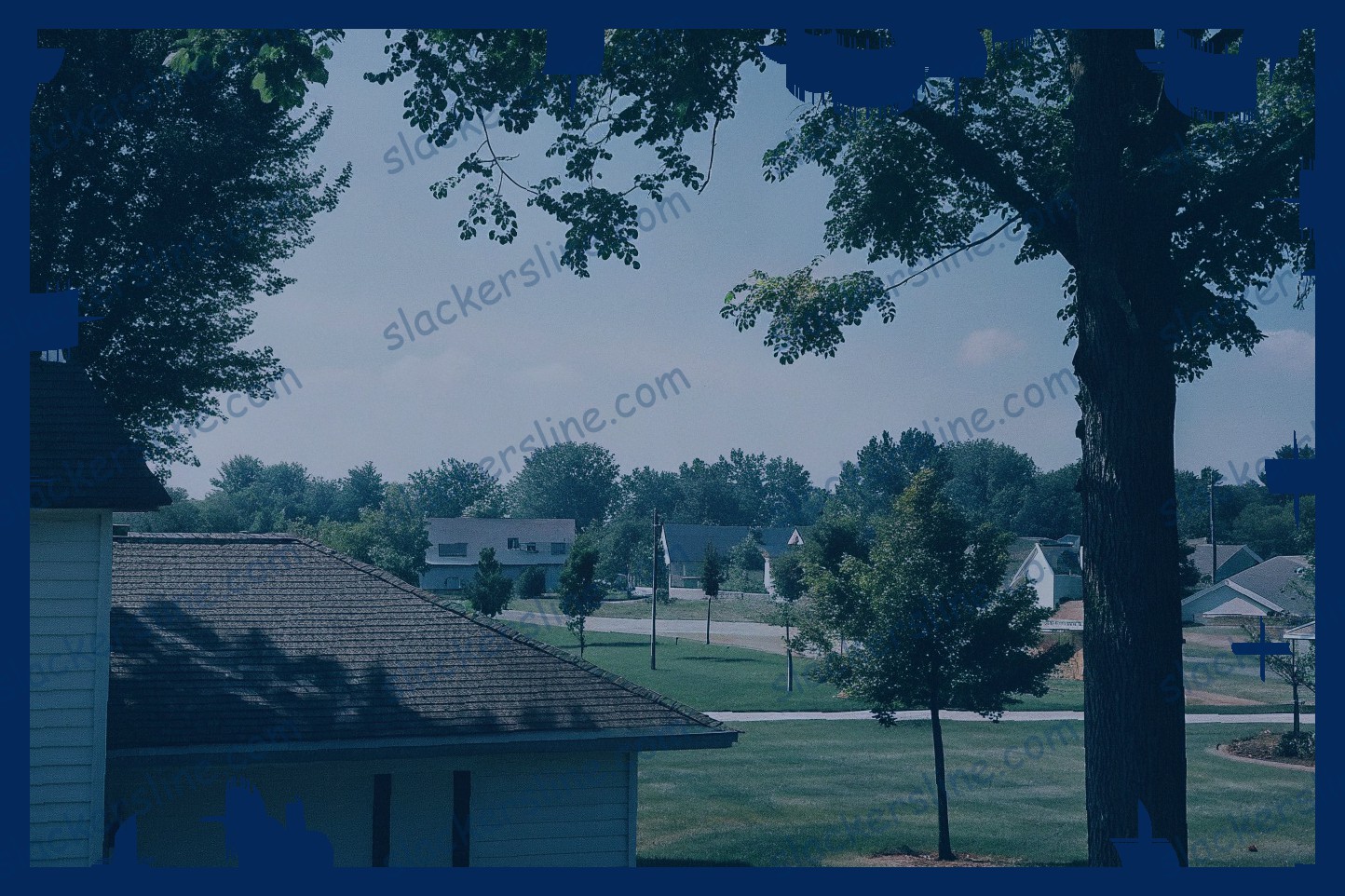Special Assessments Explained
Also referred to as "extra" or "one-time" assessments, special assessments are charges to an association’s members and are imposed when necessary funds are needed to meet the association’s financial obligations. A special assessment may be levied when an association’s funds cannot cover a planned expense, a surprise expense arises, or when the association’s reserve funds are not adequate.
Examples of expenses that may trigger a special assessment include: corrective repairs from a lawsuit or adverse noise action , extreme roof or window damage from a hurricane, flooding of a basement parking area, replacement of a boiler that suddenly breaks down (the spring thaw will be here soon!), or to pay for tough legal battles (for example, a covenant enforcement case or construction defect lawsuits).
Although an association may have a right to levy a special assessment under its governing documents, there are still a number of legal requirements that associations must follow to properly implement a special assessment.

Why HOAs Charge Special Assessments
HOAs may impose special assessments for a variety of reasons. For example, common reasons for levying an assessment are: special repairs due to storm damage or flooding; a lawsuit that results in a monetary judgment against the association; or a political decision to undertake an improvement that enhances property values in the community. However, many times community associations levy special assessments for expenses that go outside of their normal maintenance budgets and operating expenses.
In these instances, they commonly have the power to do so because the members of the association have given them that authority in their particular declaration. Every declaration is different – so it is important to read yours to know exactly how and when a special assessment may be levied against you. Commonly, both general and special assessments must be levied equally amongst all members of the association who benefit from the assessment. However, there may be circumstances where unequal assessments are authorized.
Keep in mind that the power to levy is one thing and actually administering the assessment is another. Assuming the board is acting in good faith, a member who disagrees with the amount or purpose of the special assessment will have a tough time legally challenging it unless it was actually assessed against him and a court of law can question the validity of the action taken.
Legal Framework for Special Assessments
HOAs cannot simply impose special assessments at will; there are legal guidelines they must follow. In most states, an HOA may only levy special assessments that have been approved by the board during open meetings and without conflict of interest. In addition, special assessments often require a vote of the homeowners before being enacted. For instance, a declaration or state statute may require approval by at least 67 percent of the membership if the special assessment significantly increases the annual assessment rate.
Moreover, up until a certain dollar amount, boards may only impose regular special assessments without further permission. Most often, the dollar amount is set in proportion to the community budget.
In addition to these approval requirements, certain special assessments require Item 3A approval from Fannie Mae or Freddie Mac for mortgages originated after October 1, 2015 if they will or could be potentially added to the homeowner’s mortgage payment. This requirement is set in place to protect mortgage lenders from having to send new disclosures to pay the special assessment. The lender can avoid sending new documentation if the loan is post-closing, which is permitted only by obtaining this Fannie Mae or Freddie Mac approval.
Certain assessments have guidelines specific to the type of special assessment being levied. Here is a handy breakdown common special assessments:
An HOA can only recover costs associated with a special assessment so long as the recovery is reasonable. If a special assessment is shown to be exorbitant, a court can determine that it is inappropriate.
HOAs that attempt to levy unreasonable assessments can be held liable in court for breach of fiduciary responsibility. This is especially true if the HOA does not follow its own special assessment guidelines.
How Special Assessments Are Determined
The methods used by HOAs to determine the amount of a special assessment can vary widely. In general, the total cost of a special project is divided into shares for each homeowner, but as with anything HOA-related, the process may not be quite as simple as that. Factors used to determine individual special assessment liability may include the entire cost of the project, the number of homeowners in the community, and prorated considerations for subassociations or portions of the association accounting for:
Per unit, per square foot, per lot, per vehicle, or per user In some cases, homeowners in the same HOA may have different interests in the development block. For example, different categories of owners may occupy homes or units on one side of the block or the other, or may have premises attributed to one side of the development. In those instances, an HOA may consider prorating its special assessments among the different categories of members. If a development has both single-family lots and multi-family condominiums on different sides of the block, and the HOA must do restoration work on both categories of dwellings, the HOA may prorate the total costs of the work between the two categories of homeowners on the basis of the amount that each owner may expect to realize from the completed project. The goal is to allocate the costs of the work based on the expected benefits to the members. This type of apportionment may be common among medium- to large-sized planned developments that have a single association with multiple subassociations.
Rights and Responsibilities of Homeowners
Homeowners are entitled to receive reasonable notice of special assessments, which is typically set at 14 days. However, if the association provides more than 14 days, as is often the case in response to what is perceived as a delinquent or non-responsive homeowner, the homeowner is entitled to hold that assessment invalid until sufficient notice is provided. The association is also required by Colorado law to allow homeowners to vote on special assessments , with the restrictions of the CCIOA Special Assessment Cap perhaps being the most significant limitation. Homeowners must not only pay the special assessments, but they must also appear at meetings or make their voices heard at an election to vote on the special assessment.
Challenging a Special Assessment
The Davisson court recognized that Association records "must be made available to owners upon their request, but that does not mean that the owner has a right to physically inspect the records". The Davisson court explained that "the legislative history of the Act supports a construction of [the Act] that requires a housing cooperative to permit owners to inspect records and documents when those owners contest the propriety of a special assessment imposed by that housing cooperative", and therefore overruled the trial court’s judgment in favor of the Association in the dispute.
As a result, associations must turn over the requested records relevant to a contested special assessment.
If the association rejects the request of the homeowner for the records, the homeowner can file a lawsuit. The statutory language of the Act empowers the court to award attorneys’ fees to the prevailing party (as defined by the language of the Act) in a dispute regarding CC&Rs and the rights of the homeowner, and the outcome of the special assessment dispute will often become intertwined with the merits of any claim as well.
An alternative to challenging a special assessment within the courts would be to challenge the special assessment within the alternative dispute resolution ("ADR") process outlined under the Act.
Another noteworthy alternative to this litigation process is provided through arbitration under the American Arbitration Association Construction Industry rules. This path of redress in lieu of court action is faster and cheaper for both associations and homeowners, when available.
Further, the unique circumstances of each case as well as the severity of the offense should guide the actions of the homeowner. If the homeowner is being assessed many tens of thousands of dollars by an unjustified special assessment which will likely make their house unaffordable (or has already made the house unaffordable), it would be prudent to pursue this through the courts. In other cases, depending on the severity of the infraction, a less drastic response may be warranted.
Should the special assessment be deemed invalid, the court may enjoin the association from collecting further payments on the special assessment; order restitution of wrongfully collected funds, plus interest; or other equitable relief as is deemed appropriate by the court. In any case, the homeowner has the right to an accounting of all funds that are collected as part of the special assessment, and proper written records must be maintained for the duration of the special assessment.
Avoiding Surprise Assessments
The question becomes how can HOA’s best prevent a need for a special assessment. One thing is required, and one thing is suggested.
HOA covenants generally require that reserve studies be performed before a community can collect reserves and thus, it is suggested that HOA’s regularly (every 3-5 years at least) obtain up-to-date reserve studies that take into account the specifications of each particular component of their common area and determine a reasonable replacement cost on a piece-by piece basis. This in itself may require an interested expert to come in, evaluate each item that is generally over $250 in replacement value in the common area, determine how long until that item will need replacement, and how much it will cost to replace that item . Once this expert prepares a statistical analysis of replacement costs and projections of life expectancy, it is the HOA’s responsibility to follow the recommendations of their expert and set aside funds in a reserve account equal to, if not more than, the amounts recommended. Over time, this should prevent a need for a special assessment.
Next, HOAs should have a complete set of financial books and records and hold them open for inspection at all reasonable times. Any HOA member should be able to ask to see the records, look at their HOA’s history of collecting for the last 5 years at least, see what has added cost to that community and then realistically project whether or not their community is properly funded for those items, or if they are potentially walking down the path toward having to deal with a special assessment.


